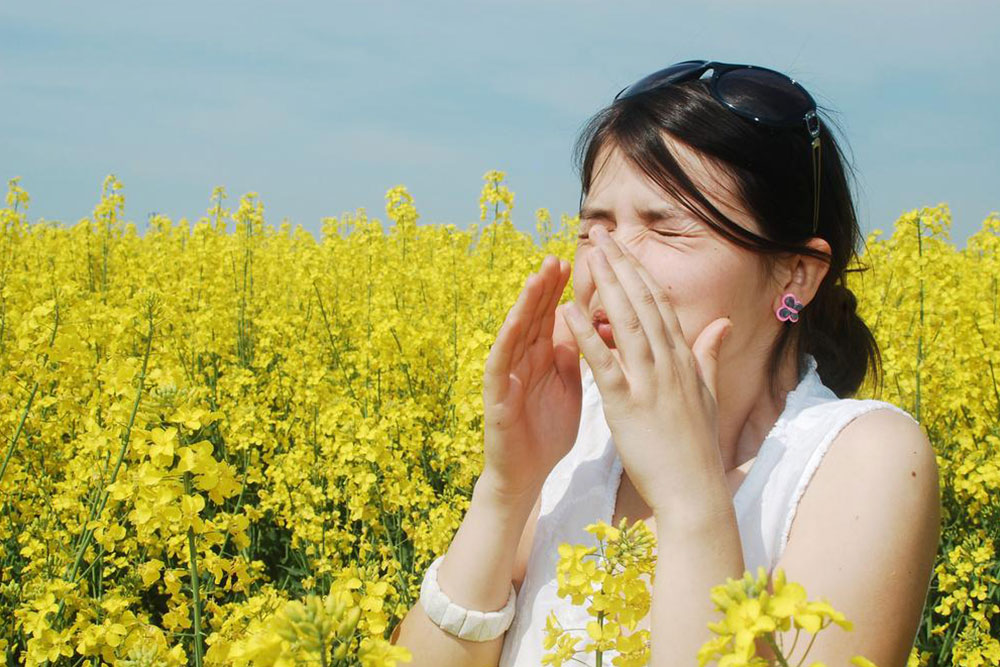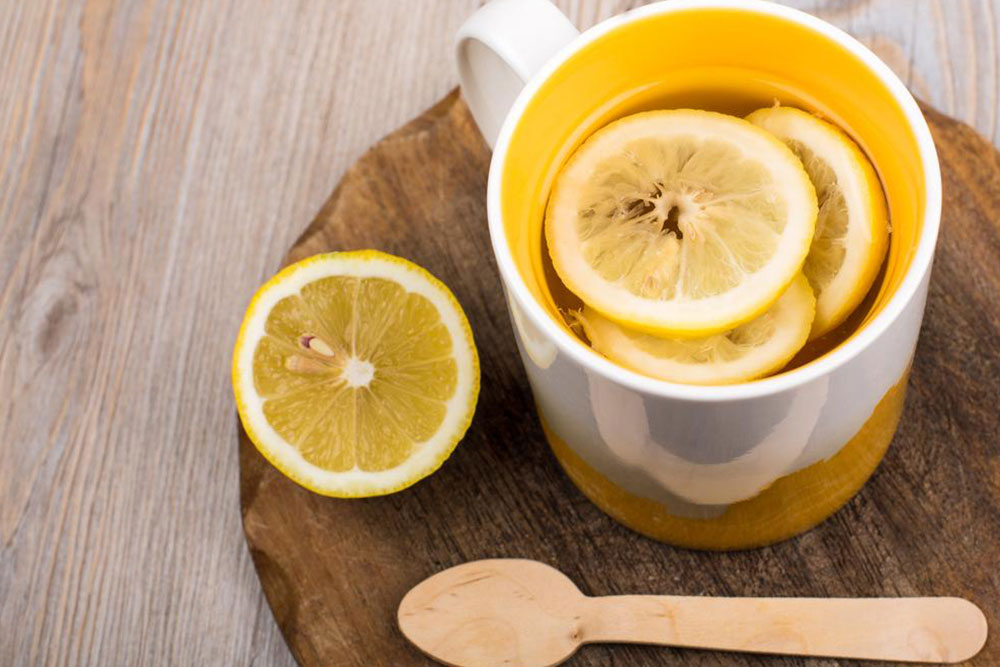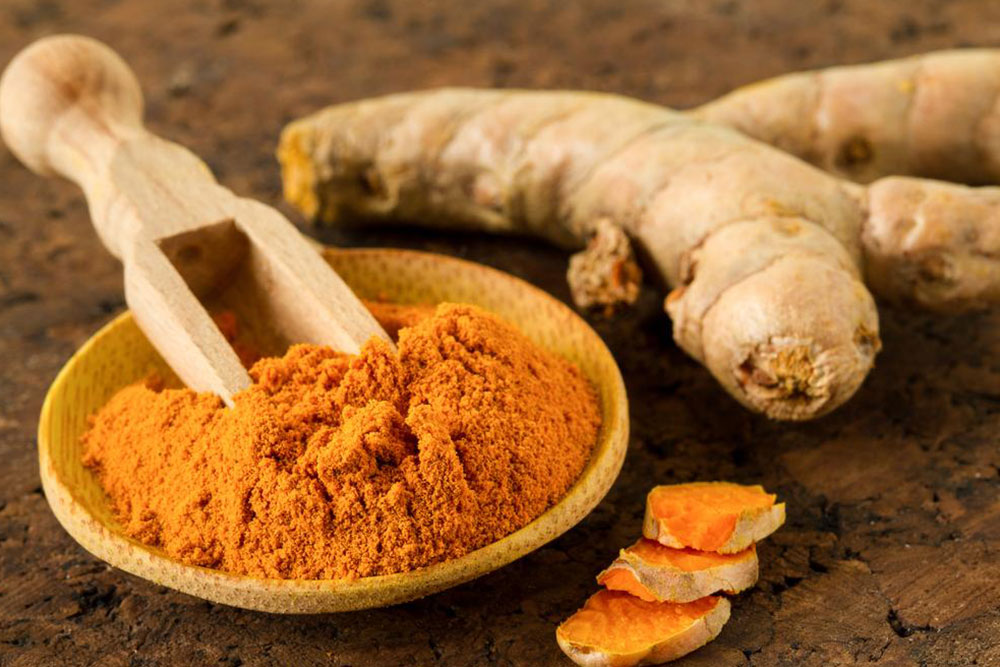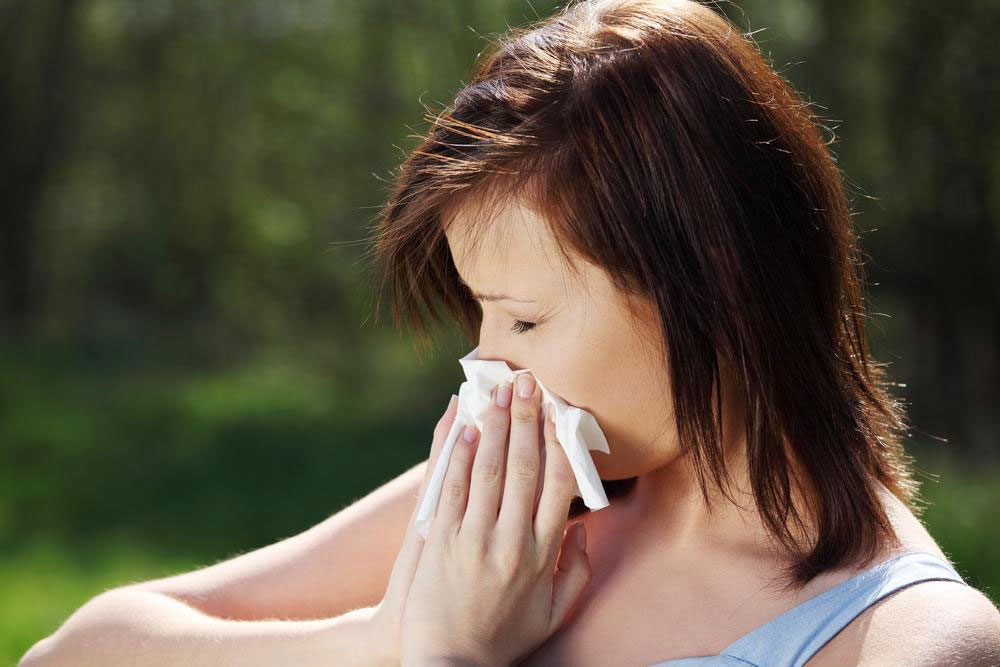Effective Strategies to Alleviate Pollen Allergies
Discover natural and effective methods to relieve pollen allergy symptoms, including herbal teas, dietary adjustments, and home remedies. Enhance your immune system and reduce allergy discomfort with these practical tips designed for seasonal relief.

Effective Strategies to Alleviate Pollen Allergies
Are you experiencing a runny nose, itchy eyes, or persistent sneezing? As warmer weather approaches, pollen counts tend to rise, triggering allergic reactions. The transition from cold to warm, humid days can bring comfort but also heighten allergy symptoms. To combat pollen allergies, you can opt for prescribed antihistamines from your healthcare provider or explore natural home remedies. Many suggest that local raw honey may help by introducing small amounts of local pollen, potentially boosting immunity over time.
Several other natural remedies may help reduce typical seasonal allergy symptoms. Nettle-peppermint tea is one such option. Although nettle may have a negative reputation, it’s actually a versatile herb that can alleviate issues like arthritis, lower blood pressure, and relieve allergy symptoms. Peppermint contains luteolin-7-O-rutinoside, a flavonoid that inhibits inflammatory enzymes like histamines.
Bee pollen is another option if local honey doesn't provide relief. Start with small doses and increase gradually to help your immune system adapt to local pollen. As with any supplement, consult a healthcare professional before use.
Citrus drinks are especially beneficial during peak allergy seasons. Rich in vitamin C, these beverages support immune health and provide a refreshing alternative on warm days.
Red onion water leverages quercetin, a natural compound that decreases histamine production, acting as a gentle anti-histamine and anti-inflammatory agent. It also helps open airways for easier breathing.
Note:
Our content offers helpful information across various health topics. While the research shared can provide useful insights, it should not replace professional medical advice. The site is not responsible for any discrepancies or inaccuracies from external sources. Also, keep in mind that some benefits or offers mentioned may vary across different platforms.










